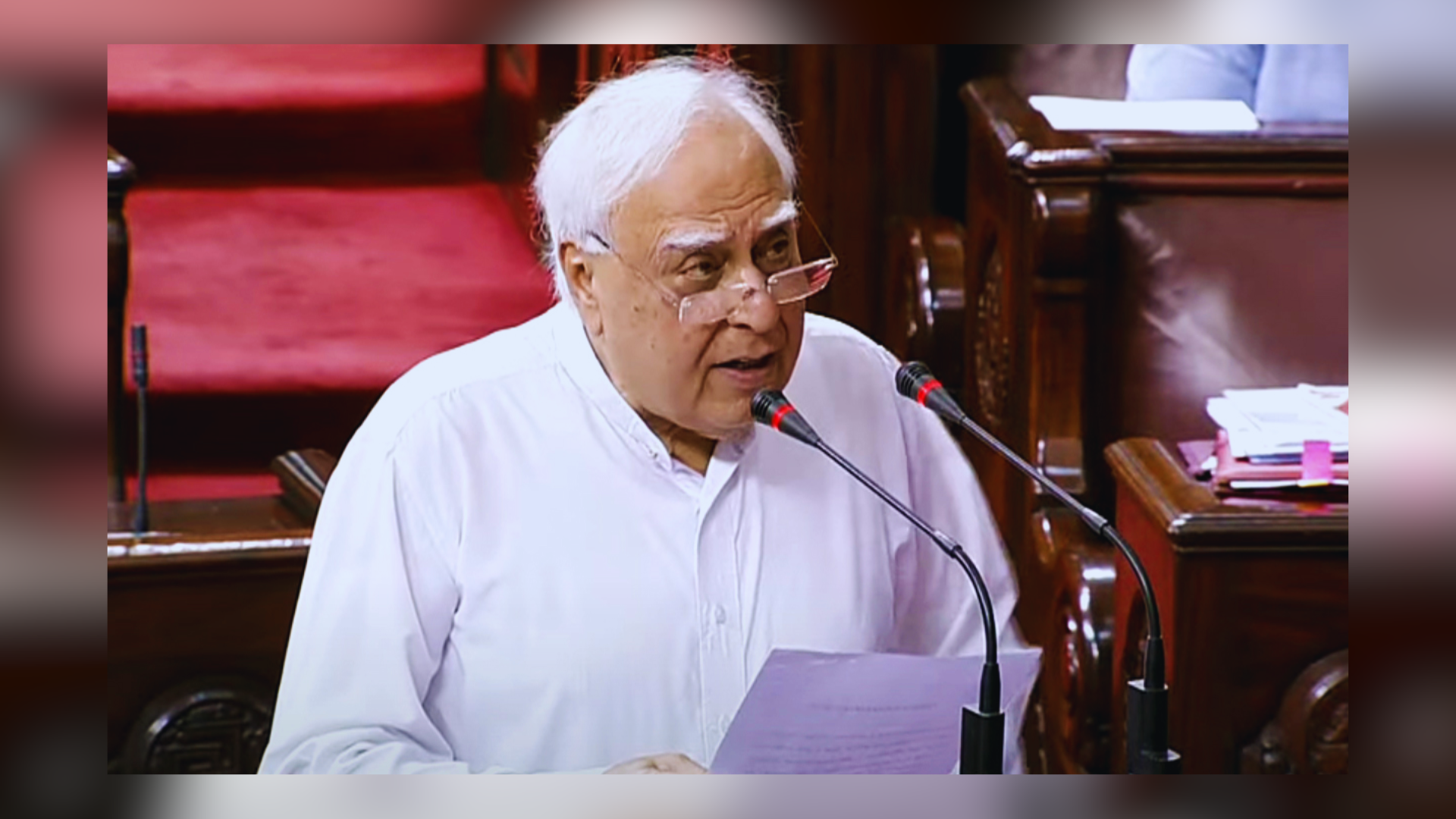










The Indian government’s recent decision to award the prestigious Gandhi Peace Prize to the Gita Press has sparked controversy and criticism from a variety of sources. Jairam Ramesh, a senior Indian politician and former Union Minister, has strongly criticised the decision, drawing parallels between honouring the Gita Press and honouring Nathuram Godse, Mahatma Gandhi’s assassin. This article delves into the controversy’s background and Jairam Ramesh’s arguments, shedding light on the decision’s broader implications.
The Gandhi Peace Prize is a prestigious award bestowed by the Government of India on individuals, organisations, or institutions for their outstanding contributions to promoting peace, nonviolence, and social harmony. It is named after Mahatma Gandhi, the Father of the Nation, and represents his philosophy and ideals. The Gita Press, established in 1923, is a well-known Indian publishing house that has played an important role in promoting and disseminating religious and philosophical literature, particularly Hindu texts such as the Bhagavad Gita and the Ramayana.
However, critics argue that the Gita Press has been associated with divisive and communal ideologies, raising concerns about its selection for the Gandhi Peace Prize. Jairam Ramesh, a member of the Indian National Congress party, has expressed strong opposition to the Gita Press receiving the Gandhi Peace Prize. He claims that the Gita Press is closely associated with an ideology that contradicts Mahatma Gandhi’s principles of peace and nonviolence.
Ramesh implies that by drawing a parallel between awarding the Gita Press and honouring Nathuram Godse, the decision undermines the values for which Gandhi gave his life.
Ramesh’s criticism reflects a broader ideological divide in Indian society. While some people admire the Gita Press for its role in promoting Hindu religious texts, others are sceptical, seeing it as aligned with ideologies that may not prioritise religious harmony or uphold the nation’s secular fabric.
The historical context of communal tensions in India adds to the sensitivity of the decision to award an organisation such as the Gita Press. The awarding of the Gandhi Peace Prize to an organisation that some perceive to represent exclusivist or divisive ideologies raises concerns about the potential impact on Indian peace and communal harmony.
The award is intended to recognise those who exemplify Gandhi’s teachings’ core values of nonviolence and tolerance. Critics argue that this decision may jeopardise the prize’s credibility and send contradictory messages about the government’s commitment to the ideals of peace and inclusivity.
The debate over awarding the Gandhi Peace Prize to the Gita Press highlights the complexities and divisions within Indian society. The comparison of awarding the organisation to honouring Nathuram Godse by Jairam Ramesh adds fuel to the fire.
While opposing viewpoints are natural in any democratic society, it is critical to strike a careful balance that upholds Mahatma Gandhi’s principles of peace, harmony, and nonviolence. The Gandhi Peace Prize should serve as a unifying force, recognising individuals and organisations who genuinely contribute to the development of a peaceful and inclusive society.









